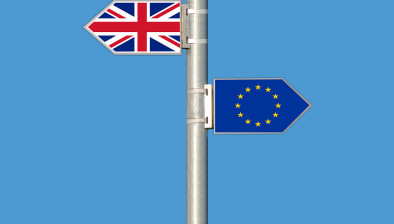Internal Market Act puts more emphasis on open trade than EU single market, MSPs conclude

The UK’s Internal Market Act (UKIMA) places more emphasis on open trade than regulatory autonomy when compared to the EU single market, creating tensions within the devolved settlement, a Holyrood committee has concluded.
Today’s report from the Scottish Parliament’s constitution committee warns that the post-Brexit law has “shifted the balance with the devolution settlement away from regulatory autonomy through privileging market access”.
It says the fundamental basis of devolution is to decentralise power so as to allow policy and legislation to be tailored to meet local needs and circumstances, and policy innovation and regulatory learning are among the key successes of devolution.
Committee convener Clare Adamson MSP said: “We believe that policy innovation – being able to pass laws that are tailored to the situation in Scotland – is one of the key successes of devolution. As a committee, we believe it is essential that outside the EU, devolution continues to provide at least the same level of flexibility.
“However, we have found that UKIMA places more emphasis on open trade than autonomy for the Scottish Parliament compared to the EU single market.”
She continued: “While the Common Framework process may resolve the issues between UKIMA and devolution, we have concerns about how these are created between UK and devolved governments, as well as their operation.
“Our view is that there needs to be a much wider public debate about how to deliver appropriate levels of parliamentary scrutiny and public engagement at an inter-governmental level.
“At present, we are concerned that lack of processes in place mean less democratic oversight of the Executive, and a less consultative policy-making process.”
Ms Adamson concluded: “The UK internal market has created tensions. We will seek answers from the UK and Scottish governments on issues raised in the report, as well as continuing to work with our counterpart committees across the UK.”









